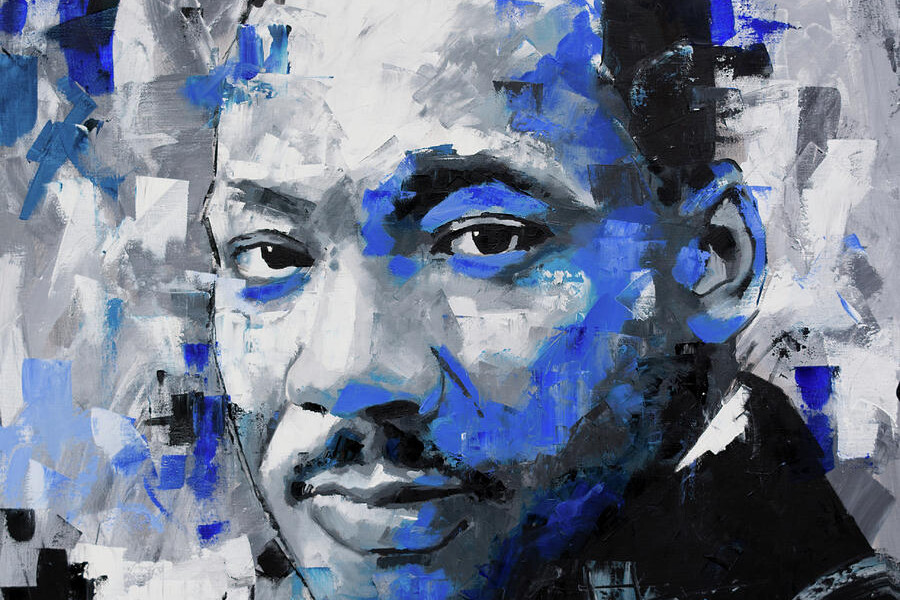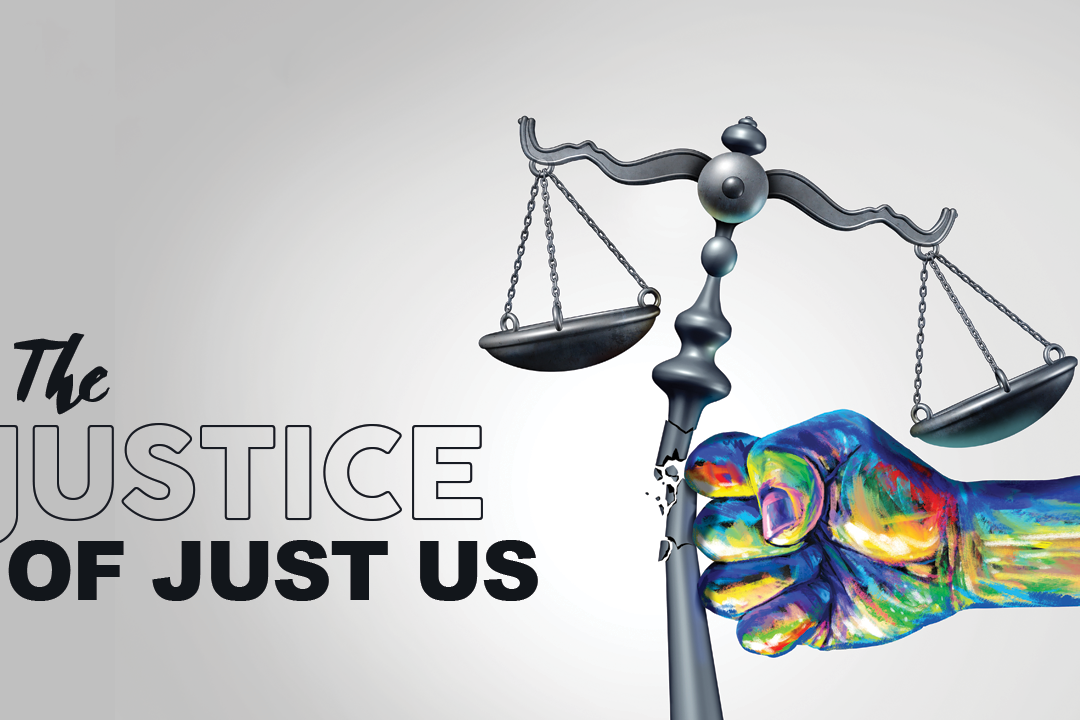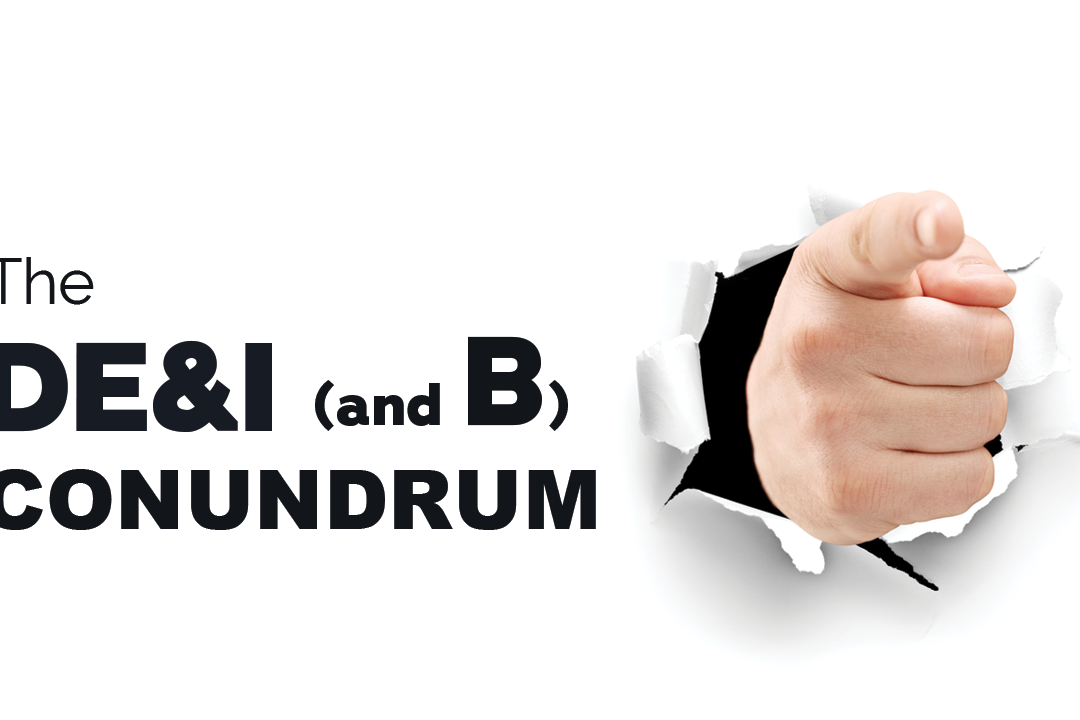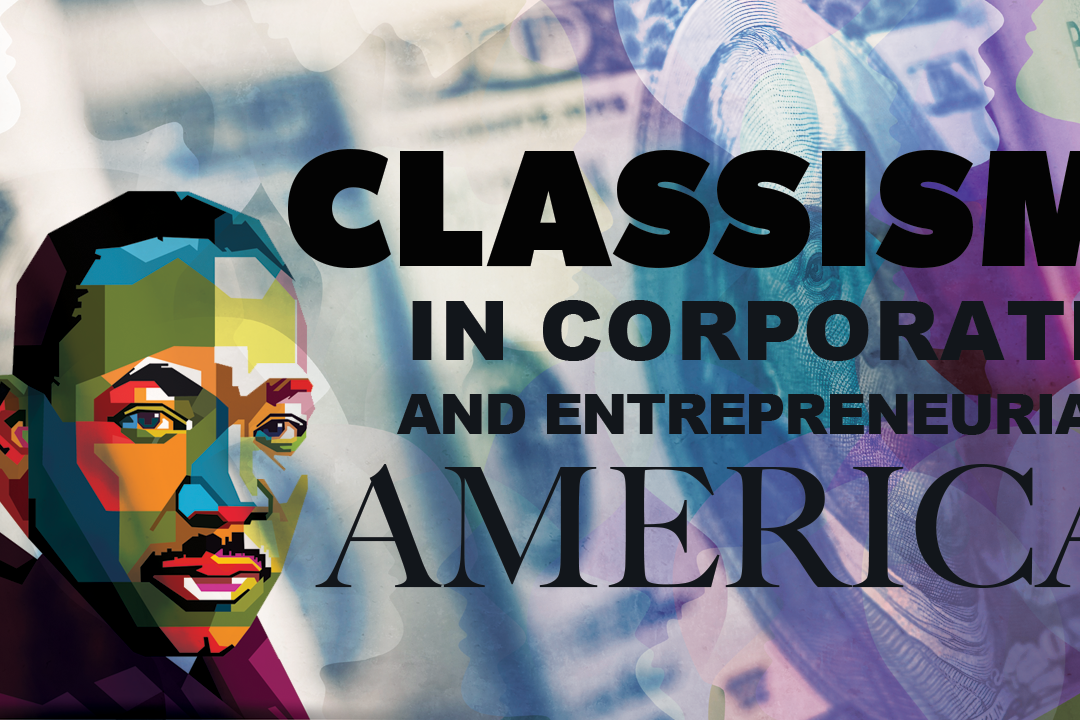MLK Installment #1
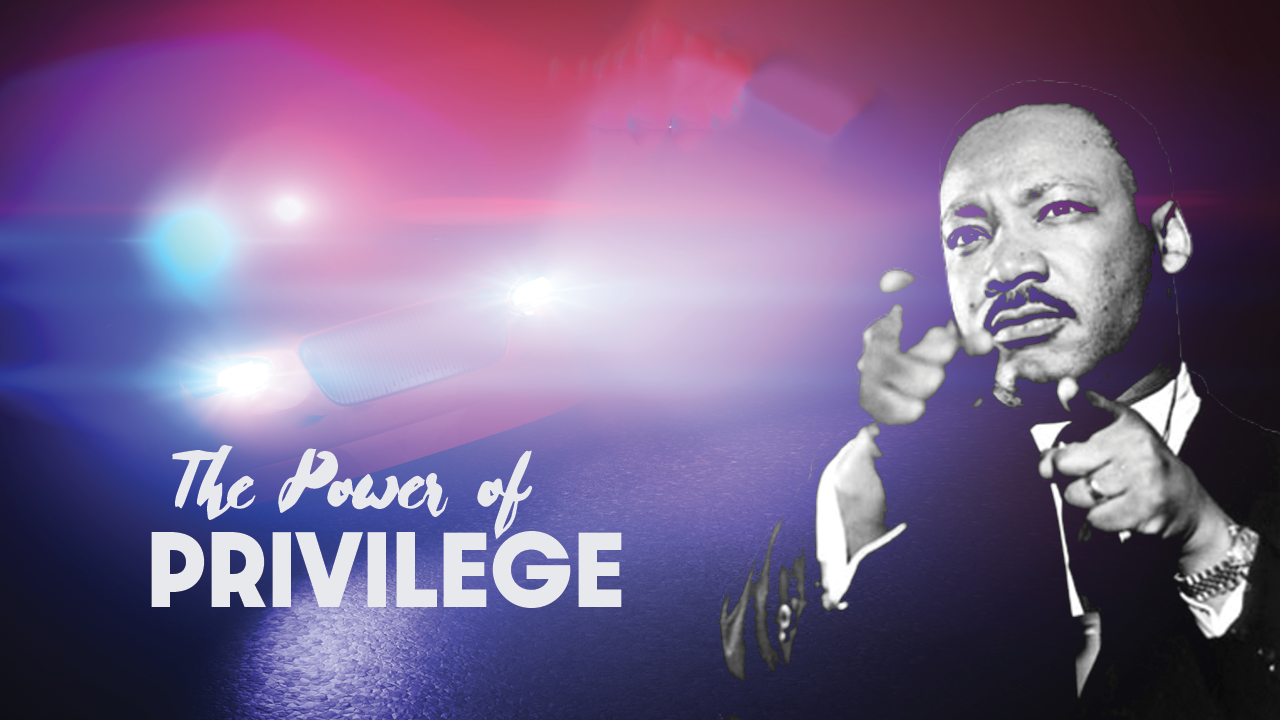
The Power of Privilege: Are You Using Yours to Make Our World a Better Place or Bitter Space?
In decades past, privilege was synonymous with child-specific opportunities and responsibilities, as in certain siblings enjoyed more merit-based perks or benefits than their other brothers, sisters, or extended family members. Whether hanging out with friends, playing outside after school (now seen as punishment by so many of our kids!), or staying up late on the weekends, equality and equity were two separate concepts back in the household-privilege day. “Treat equally but trust equitably” was the de facto motto shared by parents and grandparents alike. “Treat” deals with fairness, while “trust” encompasses firmness. To be fair is just, but to be firm is a must, especially on the opportunity and responsibility side of the parental-child ledger account. Caregivers may not admit this, but we do have our favorites. (I don’t want to get anyone in trouble, just stating the obvious.)
Given our nation’s troubled history on race, the twenty-first century version of privilege has taken on a new meaning. But is this word solely and wholly now tied to skin color? Of course not! More on the far-reaching aspects of privilege later. In our weaponized, Americanized, and commoditized echo chamber, its connotative association is typically accessorized in racial garb. Weaponized in terms of how privilege is used as an “us vs. them” contrasting tool (better yet, a sledgehammer). It’s Americanized by virtue of the fact that when a US citizen visits multiple countries on different continents, he or she quickly realizes that privilege is usually connected to social class determinants rather than skin color diversions. It’s commoditized from the standpoint of a “one-size-fits-all” lens; individual benefits often mirror inherent group privileges, notably in the context of race. Herein lies our modernized conundrum on privilege: do embedded or endowed benefits of skin color cause, compound, or contribute to disprivilege?
Before weighing in, let me define disprivilege. It is the unfair hand, invisible in many instances, dealt to those who are “outsiders looking in” from a racial, societal, or organizational vantage point. And when you’re safely inside the privilege bubble, you’re often not aware of those stranded on the outskirts of it. Most non-Hispanic whites have (and in some cases, still do) enjoy the benefits of pigmented privilege on several fronts. They’re less likely to be profiled while walking in or around a store, driving through an upscale neighborhood, or being viewed as a potential menace to society. They’re less likely, and quite frankly less inclined, to have to “sell” their value proposition rather than to “prove” it. They’re more likely to benefit from “cultural fit” in corporate America, thanks in large (or in small) part to The Law of Familiarity. Buckle your seat belt; you’re about to go on an uncomfortable but necessary, growth-oriented ride.
I have dozens of examples, but this particular profiling story stands out. My wife Monya is a light-skinned African American woman, although some people assume she’s Hispanic or from the Middle East. Twenty years ago, our team, the Sacramento Kings, played on the road against the Los Angelos Lakers in the NBA Western Conference Finals. We stayed in the prestigious Beverly Wilshire hotel, steps away from Rodeo Drive. During my pre-game nap, Monya ventured into a high-end boutique and was immediately stereotyped as the proverbial “window shopper.” If you’ve ever been treated (or felt) like a second-class citizen in the presence of a sales person before — regardless of your racial makeup — it hurts. It’s often stigmatizing, demoralizing, and can even be traumatizing. No one paid attention to Monya until she walked by a commission-based sales associate and blurted out, “I want that, add that, and that.” No money should have to be spent to receive the debt of human dignity in order to grow humane capital.
I don’t know a black male over the age of 40 in my inner circle who hasn’t been profiled by law enforcement while driving through an upscale, predominately all-white community. Even when he lives there! Remnants still exist, but the double-takes and stare-downs seem to have subsided substantially, post-George Floyd. Back in college at Ohio State, I was roughed up and nearly shot by two white police officers. It was the classic case of mistaken identity, which was surprising given my high-profile status. Didn’t matter. They had a person-of-color (POC) narrative to uphold and a guilty-as-charged (GAC) suspect to apprehend. At the time, I stayed in a condominium on the periphery of Upper Arlington, a desirable suburb here in Central Ohio. Two blacks lived in this complex of more than 100 residents, me and my next door neighbor. Come to find out, he was a big-time drug dealer. Now, I grew up with “street entrepreneurs,” but I never associated with them. I didn’t speak to my next door neighbor, not once, for obvious reasons. I later learned that his vehicle and daily movements were being monitored by law enforcement. They pulled up in the parking lot on an overcast day in April of 1994, a few seconds after me and a good friend had just returned from a basketball workout. We saw the cops looking inside the window to my neighbor’s attached garage. Snitching is a no-no in the black community, so I didn’t feel inclined to share with the police any incriminating evidence about my neighbor, who wasn’t home at the time. Here is our conversation:
Me: Can I help you?
Police Officer #1: We’re just here to look around.
Me: Alright.
Police Officer #2: Where do you live?
Me: Right here. What’s up?
Police Officer #1: None of your business. (He walks over to my SUV and peers inside.)
Me: What are you doing?
Police Officer #1: (in a raised voice) Don’t worry about it. As a matter of fact, get on the ground!
Me: (Initially, I sat down instead of laying down on my chest.) Cool. Hey, my name is Lawrence …
Police Officer #2: (Guns drawn.) We don’t care who you are! Lay down on the ground! Right now!
My Friend: (crying) Lawrence, just do what they say.
Dozens of residents gathered around as the situation escalated. They saw me and my friend lying on the ground with our faces to the pavement. My girlfriend at the time, now my wife, was crying hysterically and imploring me to cooperate before things took a tragic turn. The officers, who I did forgive, finally admitted their error and apologized for the mishap. Their supervisor showed up about 20 minutes later. He was horrified; he instantly recognized me and apologized profusely. I didn’t sue the Columbus Police Department, and those two cops weren’t reprimanded for their actions. This was the classic case of guilt by association. Of course, I can recall more than 10 other unsettling experiences when “mistaken identity” reared its ugly head. Unfortunately, black disprivilege has been (and still is) a glaring problem in every sphere of American society.
In corporate America, the privilege bubble is deflating but it hasn’t quite burst. I’ve discussed this phenomenon with my mentor, Stephen Davis, former CEO of Bob Evans. He passed last year and I pledged to keep his mission alive. As a well-respected POC, he extended grace while holding others accountable for the chances, choices, and changes that needed to take place at the C-Suite level. In one conversation, he shared, “Black and brown executive prospects must often sell and then prove their value proposition before they’re taken seriously.” He added, “although we are praised for our ability to connect with others, a deficiency in ‘strategic thinking’ is what supposedly holds us back from professional advancement.” If you have an in-depth or even a cursory understanding of neuroscience, you’re keenly aware that the frontal lobe is where executive functioning takes place. Attributes such as planning, organizing, problem-solving, weighing consequences, and avoiding distractions are developed and fine-tuned in this region of the cerebral cortex. Coded terms can serve as disprivilege justifications. Strategic thinking deficits or contingency planning shortfalls are attributed to African Americans, language barriers or dialect challenges to Hispanic Americans, and a lack of relational equity or insufficient people development skills to Indian and Asian Americans by some organizations when reviewing C-Suite candidates. Affinity connections and affirming convictions serve as protective measures for the Law of Familiarity. To break out of the privilege bubble, we have to embrace people who don’t look, think, and act like our tribal affiliation. And no growth occurs without intentional discomfort!
In closing, I’ve highlighted the low-hanging fruit associated with racial privilege. However, there’s political privilege. C’mon now. We’re more friendly to neighbors, work colleagues, and even total strangers (at voting precincts while standing in line) who share our ideological viewpoints. There’s relational privilege. Thanks to oxytocin, sports fans of every color high-five each other in jam-packed arenas and stadiums when their team excels. Go Bengals! There’s financial privilege. Those who have more in life are often treated much better than those who have far less. Think about how we interact with someone in a three-piece suit needing directions compared to a homeless person asking for spare change. There’s educational privilege. Society places a premium on academic success and intelligence. When subject-verb disagreements occur in a conversation or are doled out on a noon talk show (aka The Jerry Springer Show), might we be inclined to look down upon that person who doesn’t quite measure up to our dialect standards? There’s nutritional privilege. Those of us who are fanatical about healthy eating and purposeful living might react in disdain, a scrunched nose or raised chin perhaps, when encountering someone who appears to value exercise and diet significantly less than we do. Now, how will you use privilege (or even disprivilege) to make our world a better place instead of a bitter space? Stay tuned for the second installment of this five-part series in memory of Dr. Martin Luther King’s bridge-building legacy.

